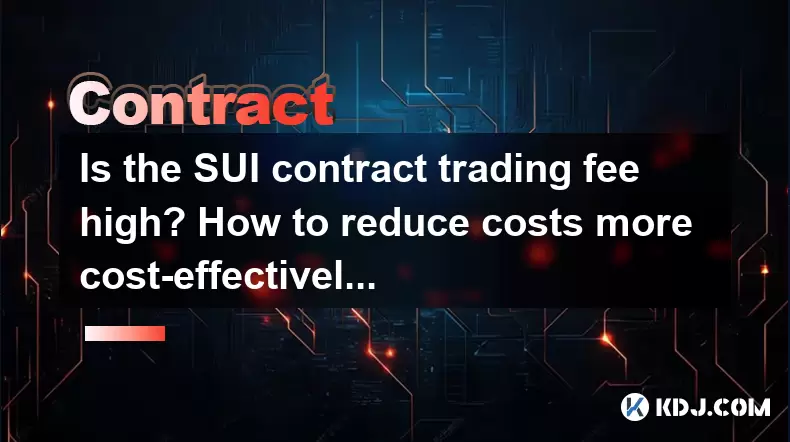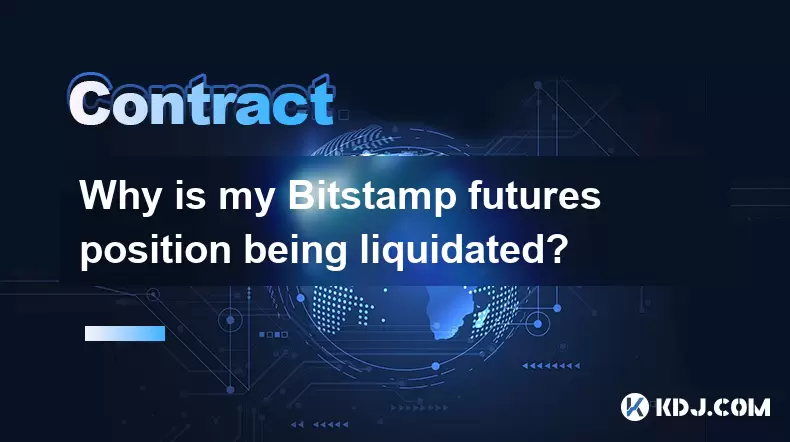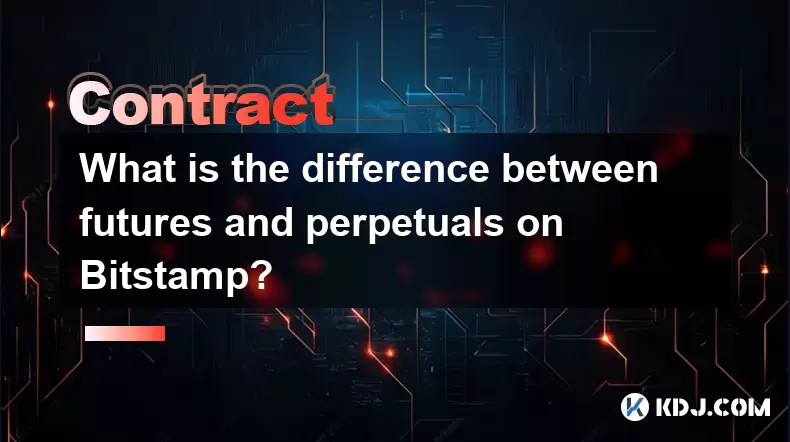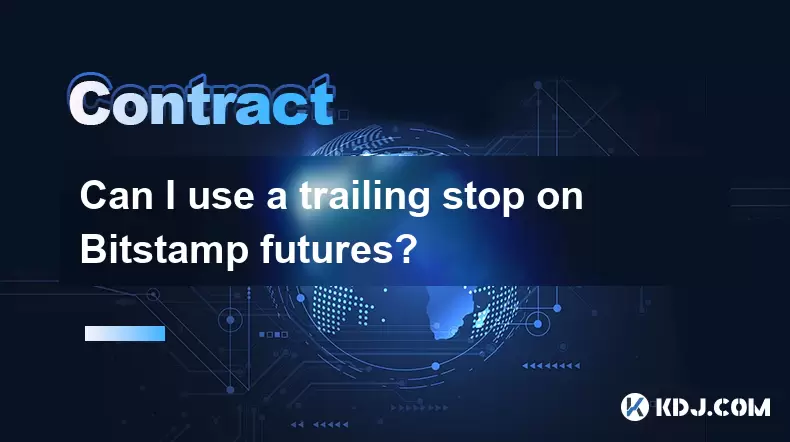-
 Bitcoin
Bitcoin $115100
1.27% -
 Ethereum
Ethereum $3675
2.71% -
 XRP
XRP $2.995
1.45% -
 Tether USDt
Tether USDt $1.000
0.02% -
 BNB
BNB $769.8
2.64% -
 Solana
Solana $168.0
3.25% -
 USDC
USDC $0.9999
-0.01% -
 TRON
TRON $0.3371
1.48% -
 Dogecoin
Dogecoin $0.2051
3.36% -
 Cardano
Cardano $0.7394
2.30% -
 Hyperliquid
Hyperliquid $38.15
0.42% -
 Stellar
Stellar $0.3966
-0.36% -
 Sui
Sui $3.486
2.93% -
 Chainlink
Chainlink $16.72
2.52% -
 Bitcoin Cash
Bitcoin Cash $568.0
4.36% -
 Hedera
Hedera $0.2440
2.59% -
 Ethena USDe
Ethena USDe $1.001
0.04% -
 Avalanche
Avalanche $22.16
2.06% -
 Litecoin
Litecoin $119.1
-0.73% -
 UNUS SED LEO
UNUS SED LEO $8.991
0.04% -
 Toncoin
Toncoin $3.232
-0.39% -
 Shiba Inu
Shiba Inu $0.00001233
2.82% -
 Uniswap
Uniswap $9.717
2.53% -
 Polkadot
Polkadot $3.664
1.85% -
 Dai
Dai $1.000
0.01% -
 Monero
Monero $281.2
-3.89% -
 Bitget Token
Bitget Token $4.350
1.55% -
 Cronos
Cronos $0.1428
5.07% -
 Pepe
Pepe $0.00001050
3.68% -
 Aave
Aave $262.3
3.54%
Is the SUI contract trading fee high? How to reduce costs more cost-effectively?
To reduce SUI trading fees, optimize transaction timing, simplify smart contracts, batch transactions, and use fee optimization tools and dApps for cost-effective trading.
May 11, 2025 at 06:22 am

When it comes to trading on the SUI network, understanding the contract trading fees and exploring ways to reduce these costs effectively is crucial for users. The SUI network, like many other blockchain platforms, charges fees for transactions and smart contract executions. These fees are essential for maintaining the network's integrity and incentivizing validators. However, users are often concerned about the cost-effectiveness of these fees and how they can minimize their expenses.
Understanding SUI Contract Trading Fees
The fees associated with SUI contract trading are primarily composed of gas fees. Gas fees are payments made to validators for processing transactions and executing smart contracts on the SUI network. The amount of gas required for a transaction depends on the complexity of the smart contract and the current demand for network resources. During times of high network congestion, gas prices may increase, leading to higher fees for users.
Factors Influencing SUI Trading Fees
Several factors influence the cost of trading on the SUI network. The complexity of the smart contract is a significant determinant of the gas fee. More complex contracts require more computational resources, resulting in higher fees. Additionally, network congestion plays a crucial role in fee fluctuations. When many users are transacting simultaneously, the demand for gas increases, pushing up the price.
The time of day when you execute your transactions can also impact the fees. Typically, fees are lower during off-peak hours when fewer users are active on the network. Understanding these factors can help users plan their trading activities to minimize costs.
Strategies to Reduce SUI Trading Fees
There are several strategies that users can employ to reduce their SUI trading fees more cost-effectively. One effective approach is optimizing the timing of transactions. By executing trades during periods of low network activity, users can take advantage of lower gas prices. Monitoring network congestion and planning trades accordingly can lead to significant savings.
Another strategy involves simplifying smart contracts. If possible, reducing the complexity of the contracts can lower the gas required for execution. This might involve breaking down complex operations into simpler steps or using more efficient coding practices. Working with experienced developers who understand the nuances of gas optimization can be beneficial.
Batching transactions is another cost-effective method. Instead of executing multiple small transactions, users can combine them into a single transaction. This approach reduces the total gas fee, as the network charges a flat rate per transaction. Batching is particularly useful for users who frequently interact with the same smart contract.
Tools and Resources for Fee Optimization
Several tools and resources are available to help users optimize their SUI trading fees. Gas price trackers provide real-time data on current gas prices, allowing users to make informed decisions about when to execute their transactions. These trackers can be found on various blockchain analytics platforms and are essential for anyone looking to minimize costs.
Smart contract auditing services can also play a role in fee optimization. These services review smart contracts for inefficiencies and suggest improvements that can reduce gas consumption. Engaging with a reputable auditing firm can help users ensure their contracts are as cost-effective as possible.
Decentralized applications (dApps) that offer fee optimization features are another valuable resource. Some dApps automatically adjust gas prices based on network conditions, ensuring users pay the lowest possible fee for their transactions. Exploring these dApps and understanding their fee optimization mechanisms can help users save on trading costs.
Practical Steps to Implement Fee Reduction Strategies
To implement the fee reduction strategies effectively, users can follow these practical steps:
- Monitor gas prices: Use gas price trackers to stay informed about current gas prices. Schedule your transactions during periods of low gas prices to minimize fees.
- Simplify smart contracts: Work with developers to simplify your smart contracts. Break down complex operations and use efficient coding practices to reduce gas consumption.
- Batch transactions: Combine multiple small transactions into a single transaction to reduce the total gas fee. This is particularly useful for frequent interactions with the same smart contract.
- Use fee optimization dApps: Explore decentralized applications that offer fee optimization features. These dApps can automatically adjust gas prices based on network conditions, ensuring you pay the lowest possible fee.
By following these steps, users can effectively reduce their SUI trading fees and make their transactions more cost-effective.
Frequently Asked Questions
Q: Can I predict gas price fluctuations on the SUI network?
A: While it's challenging to predict gas price fluctuations with absolute certainty, you can use historical data and real-time gas price trackers to make educated guesses. Monitoring network congestion and understanding peak usage times can help you anticipate when gas prices might rise or fall.
Q: Are there any risks associated with batching transactions on the SUI network?
A: Batching transactions can be an effective way to reduce fees, but it comes with some risks. If one part of the batched transaction fails, the entire batch may fail, leading to potential losses. It's essential to thoroughly test batched transactions in a safe environment before executing them on the main network.
Q: How can I find a reliable smart contract auditing service for the SUI network?
A: To find a reliable smart contract auditing service, look for firms with a proven track record in the blockchain industry. Check for reviews and testimonials from other users, and ensure the firm has experience with the SUI network specifically. Engaging with the SUI community can also provide recommendations for reputable auditing services.
Q: Is it possible to automate the process of optimizing SUI trading fees?
A: Yes, it is possible to automate the process of optimizing SUI trading fees. Some decentralized applications offer automated fee optimization features that adjust gas prices based on network conditions. Additionally, you can use scripts and smart contract tools to automate the timing and batching of transactions, further reducing costs.
Disclaimer:info@kdj.com
The information provided is not trading advice. kdj.com does not assume any responsibility for any investments made based on the information provided in this article. Cryptocurrencies are highly volatile and it is highly recommended that you invest with caution after thorough research!
If you believe that the content used on this website infringes your copyright, please contact us immediately (info@kdj.com) and we will delete it promptly.
- TRX, RUVI, and CoinMarketCap: What's Buzzing in the Crypto Sphere?
- 2025-08-07 05:31:17
- Cryptos Primed for 5x Gains? Ozak AI Spotlights Hot Projects
- 2025-08-07 05:41:42
- Cryptos with ROI Potential: BlockDAG Leading the Charge
- 2025-08-07 04:50:14
- OZAK AI: Is This AI Product Poised for ChatGPT-Level Returns?
- 2025-08-07 03:30:13
- Cryptos to Watch: Cold Wallet's Rewarding Edge Over Tron
- 2025-08-07 04:12:40
- SEC, Liquid Staking, and Crypto: A New Dawn?
- 2025-08-07 03:30:13
Related knowledge

Why is my Bitstamp futures position being liquidated?
Jul 23,2025 at 11:08am
Understanding Futures Liquidation on BitstampFutures trading on Bitstamp involves borrowing funds to open leveraged positions, which amplifies both po...

How to report Bitstamp futures for taxes?
Jul 30,2025 at 08:35am
Understanding Bitstamp Futures and Taxable EventsWhen trading Bitstamp futures, it’s essential to recognize that these financial instruments are treat...

Does Bitstamp offer inverse contracts?
Jul 23,2025 at 01:28pm
Understanding Inverse Contracts in Cryptocurrency TradingIn the realm of cryptocurrency derivatives, inverse contracts are a specific type of futures ...

What is the difference between futures and perpetuals on Bitstamp?
Jul 27,2025 at 05:08am
Understanding Futures Contracts on BitstampFutures contracts on Bitstamp are financial derivatives that allow traders to speculate on the future price...

How to find your Bitstamp futures trade history?
Jul 23,2025 at 08:07am
Understanding Bitstamp and Futures Trading AvailabilityAs of the current state of Bitstamp’s service offerings, it is critical to clarify that Bitstam...

Can I use a trailing stop on Bitstamp futures?
Jul 23,2025 at 01:42pm
Understanding Trailing Stops in Cryptocurrency TradingA trailing stop is a dynamic type of stop-loss order that adjusts automatically as the price of ...

Why is my Bitstamp futures position being liquidated?
Jul 23,2025 at 11:08am
Understanding Futures Liquidation on BitstampFutures trading on Bitstamp involves borrowing funds to open leveraged positions, which amplifies both po...

How to report Bitstamp futures for taxes?
Jul 30,2025 at 08:35am
Understanding Bitstamp Futures and Taxable EventsWhen trading Bitstamp futures, it’s essential to recognize that these financial instruments are treat...

Does Bitstamp offer inverse contracts?
Jul 23,2025 at 01:28pm
Understanding Inverse Contracts in Cryptocurrency TradingIn the realm of cryptocurrency derivatives, inverse contracts are a specific type of futures ...

What is the difference between futures and perpetuals on Bitstamp?
Jul 27,2025 at 05:08am
Understanding Futures Contracts on BitstampFutures contracts on Bitstamp are financial derivatives that allow traders to speculate on the future price...

How to find your Bitstamp futures trade history?
Jul 23,2025 at 08:07am
Understanding Bitstamp and Futures Trading AvailabilityAs of the current state of Bitstamp’s service offerings, it is critical to clarify that Bitstam...

Can I use a trailing stop on Bitstamp futures?
Jul 23,2025 at 01:42pm
Understanding Trailing Stops in Cryptocurrency TradingA trailing stop is a dynamic type of stop-loss order that adjusts automatically as the price of ...
See all articles

























































































